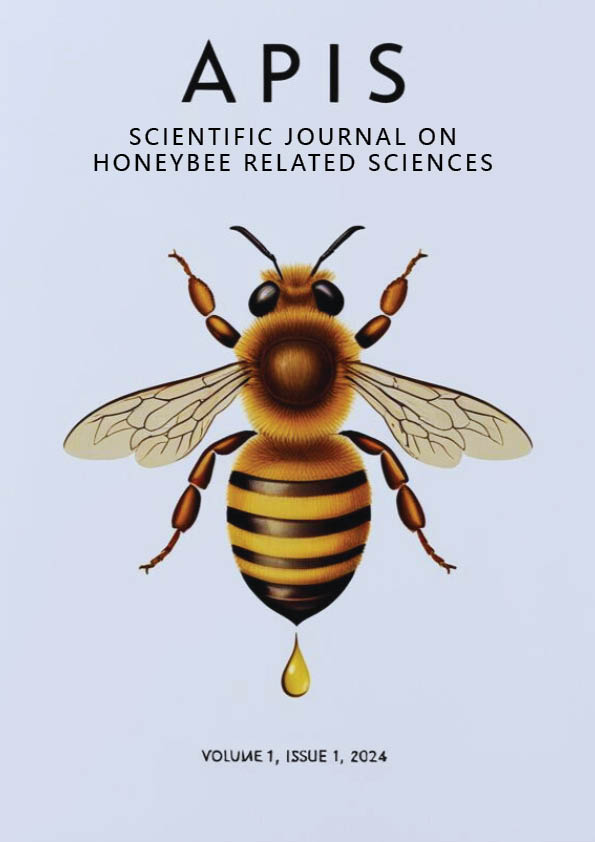Changes in Honeybee Behavior Induced by a Total Solar Eclipse in an Apiary
Abstract
This study investigates the behavioral and foraging responses of honey bees (Apis mellifera L.) to the total solar eclipse on August 11, 1999, in a Hungarian apiary. Using video recordings, the departures and returns of foraging bees were monitored throughout the eclipse. Results revealed that foraging activity sharply declined as light intensity dropped below 10%. In the minutes leading up to totality, pollen-collecting foragers returned en masse to the hives, while departures nearly ceased. During and immediately after totality, bees exhibited disoriented behavior, including difficulty locating their hives, collisions, and abnormal buzzing sounds. Many displayed signs of fatigue, such as immobility, slow walking, and intense abdominal pulsation indicative of heavy breathing. Interestingly, bees returning from foraging resumed normal activity more quickly than those directly affected at the hive. Foraging activity remained subdued for approximately one hour post-eclipse, despite favorable temperature conditions.
These observations highlight how sudden environmental changes, particularly alterations in light intensity and sky polarization, profoundly influence honey bee behavior. The findings enhance our understanding of how bees rely on environmental cues for navigation and activity regulation, with potential implications for apiary management and ecological research during similar phenomena.
Copyright (c) 2024 László Baldavári

This work is licensed under a Creative Commons Attribution-NonCommercial-NoDerivatives 4.0 International License.




